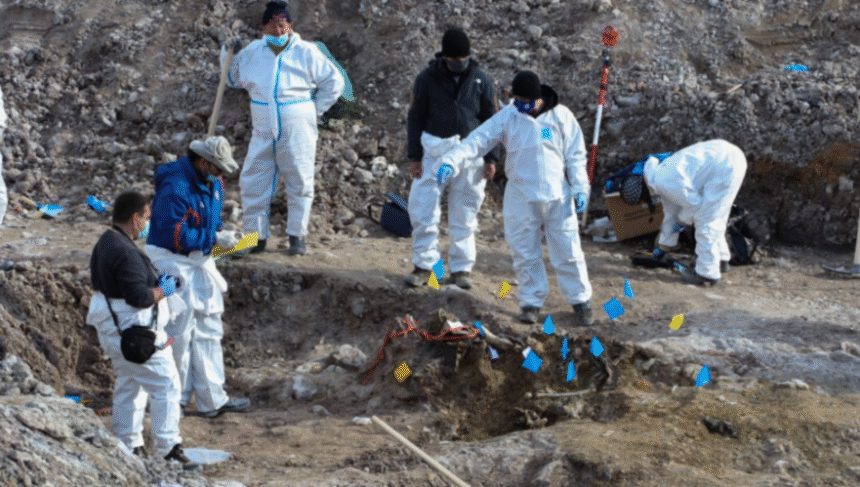Seven months have passed since the adoption of the terms of reference for the Joint Commission on Missing Persons, yet the European Union has failed to bring representatives of Kosovo and Serbia to the negotiating table.
According to the agreement, delegations from both countries were supposed to meet once a month during the first six months, but not a single meeting has taken place so far. However, a bilateral meeting between the working groups of both sides was held last week in Geneva—the first of its kind in over four years—with EU representatives also in attendance.
Andin Hoti, Head of the Government Commission on Missing Persons in Kosovo, described the Geneva meeting as an important step toward a formal meeting in Brussels, adding that the EU is now fully aware of the importance of this issue and must convene a session of the joint commission as soon as possible.
“The chair of this EU-led process is Peter Sorensen or someone delegated by him. It is a joint commission. Our request remains that EU pressure be directed toward Serbia, and through this mechanism, if there is will, results can be achieved,” Hoti told RTK.
On the other hand, Bekim Blakaj from the Humanitarian Law Center expressed regret over the failure to hold a single meeting within the agreed six-month timeframe, stating that it reflects Serbia’s political approach to the issue of missing persons.
“The fact that no joint meeting has been agreed upon for six consecutive months is deeply disappointing and shows that the agreement is not being implemented. The issue of missing persons is still treated as a political issue, rather than a humanitarian one,” said Blakaj.
Hoti confirmed that Veljko Odalović, Head of Serbia’s Commission on Missing Persons—whom the Government of Kosovo has strongly opposed—did not attend last week’s Geneva meeting.
“Odalović was not present at the Geneva meeting. I attended alongside a Serbian representative who has now replaced him,” Hoti added.
Several months ago, the Government of Kosovo also sent a formal letter to Kaja Kallas, the EU High Representative for Foreign Affairs and Security Policy, urging the EU to take concrete actions to compel Serbia to open its state archives.







